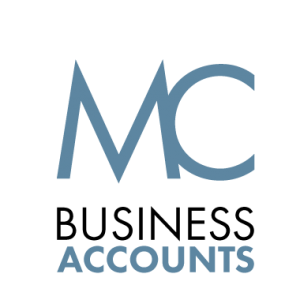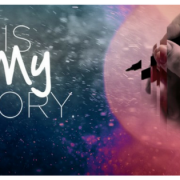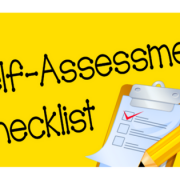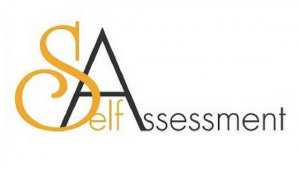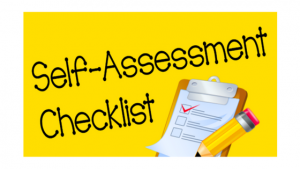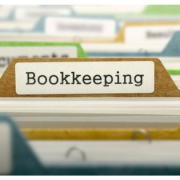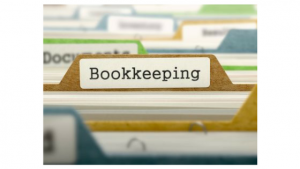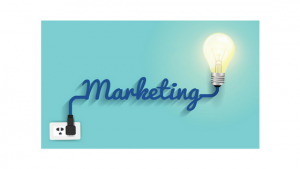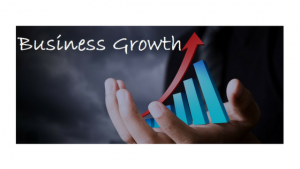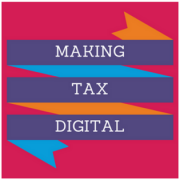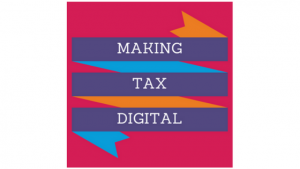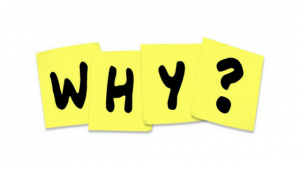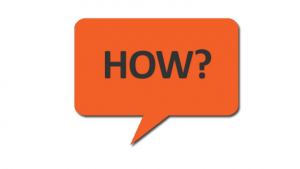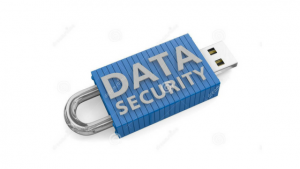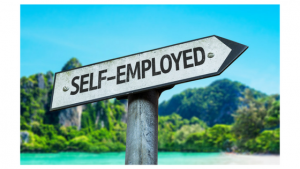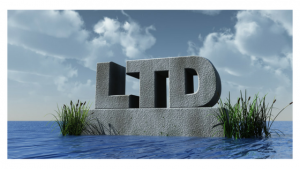This is my story

How I got started
Over 2 years ago I made the decision to start my own Accountancy Firm in Lisburn called MC Business Accounts. How did I get into Accountancy? Well, many years ago, I found I had a passion for Mathematics, I really enjoyed solving problems. I pursued my dream to go to University & later on study for my Accountancy Exams.
My Career of 17 years led me to Senior roles in companies such as Daewoo Electronics & Target Dry Ltd, a clothing manufacturing company in Belfast.
My next role was to be my final role in Employment. I was the Company Accountant for a ladies Fashion Brand, Aria Clothing Ltd, which I loved. After being there only 3 years, I was made redundant.
Well, this is when my life really began. I was so excited about the prospect of working for myself that 1st July 2015 MC Business Accounts was born. For me, it just felt right. I knew I could not go back to work for anyone. I was buzzing with ideas of what I was going to do & how I was going to do it. I quickly learned how to market my business & about the importance of branding.
A Real Success
For me, my business was never going to fail. I never considered it would. Not even once. Was I scared, YES. I was terrified & excited at exactly the same time. I felt like I was stepping off the edge of a mountain without the support of a safety net. I felt exactly the same way when I did my first parachute jump when I was 20. I was terrified but I knew I wanted to do it.
Life Begins at 40!
When I turned 40 I decided I need a new challenge. So I made the decision to walk The Camino in the north of Spain. I had wanted to do this walk for quite some time but knew it would be a huge challenge for me. I was terrified that I would fail. So, last year in September I decided to go for it. And I did it! I walked 125km in 5 Days! I was so proud of myself. It was the hardest & best thing I had ever done! I even wrote a blog about it comparing the similarities to doing the walk to becoming an Entrepreneur.

Fear
Fear is a scary thing. It can almost paralyse us into NOT doing the things that we really want to do for fear of failing. It’s must easier for us to stay in our comfort zone rather than to do something that drives us & gets us out of bed in the morning.
A few years ago I came across the book “Feel the Fear but do it Anyway” by Susan Jeffers. I was so interested in this book that I took a workshop as I wanted to see why we are fearful of life & why it stops us from taking control of our own lives. It was empowering to know that I can take control of my own life just by believing that I could. I often flick through this book for inspiration.
Is there a right time?
For me, on paper, starting my own business when I did was totally the wrong time. I had been made redundant, I had become a single mother overnight & I was trying to buy my own home. Did I make excuses? NO. Did I believe this would work, YES? There was only one option for me, and that was to have a successful business!
On Day 1 of my business I had one client! My previous employers. Not exactly what you would call an empire! But I was determined. I joined WIB & Lisburn Council & a few other organisations. I went to every event they were running. Soon I started to gain clients. I developed my digital marketing skills & took many training courses.
Now I attend conferences with inspirational speakers who inspire me to take my business to the next level. I am extremely interested in Business Psychology & would like to develop my understanding of this a lot more.

Law of Attraction
I am very interested in the Law of Attraction and believe that our thoughts become our reality. I made big changes in my life & started to really think big & believe that I can achieve anything I put my mind to. Suddenly opportunities where opening up out of nowhere & I was attracting larger clients & delving into new areas of business that I had always wanted to get into.
I had the pleasure of becoming a Mentor with WIB last year which I love. I get a lot out of helping people & seeing their business grow to the next level.
I also had the privilege of working with Sarah Travers from Bespoke Communications to aid in their quest to bring more Business women’s voices into the Media where this area is currently more male dominated. This had led to a few Radio Ulster interviews on topical business issues.
I quickly learned that I am the biggest asset to my business & in order to grow my business I need to grow & learn as an individual. The success of my business completely depends on how I see it.
I am very excited for the future & have a lot of plans in the pipeline which I hope to be able to announce to you very soon.
